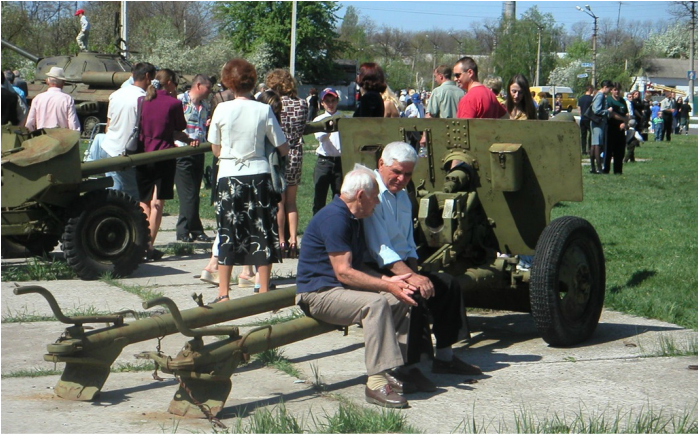I much prefer the more expansive view of philosophy espoused in the recent blog post by Eric Schwitzgebel, titled What Philosophical Work Could Be. Schwitzgebel is a professor of philosophy at UC Riverside, so he's speaking mainly to other similar professionals, but he acknowledges that "popular essays, fictions, aphorisms, dialogues, autobiographical reflections, and personal letters have historically played a central role in philosophy. We could potentially add, too, public performances, movies, video games, political activism, and interactions with the judicial system and governmental agencies. ... I favor treating a wide range of inquiries as philosophical, only a small minority of which happen in philosophy departments. I have a liberal conception of "inquiry" on which sitting at one's desk reading and writing expository arguments is only one sort of inquiry. Engaging with the world, trying out one's ideas in action, seeing the reactions of non-academics, exploring ideas in fiction and meditation -- these are also valuable modes of inquiry that advance our philosophical knowledge, activities in which we not only deploy our expertise but cultivate and expand it, influencing society and, in a small or a large way, the future of both academic philosophy and non-academic philosophical inquiry."
With this in mind, I'm declaring my upcoming break as another means of philosphical inquiry. As I wrote before, philosophers don't vacation or holiday (they go on tour!) so this is consistent with my beliefs and I'll do my best to bring my views to others and then bring all my observations back here. I'll be back on the blog with more thought experiments in two weeks, but until then, enjoy your own modes of inquiry!






